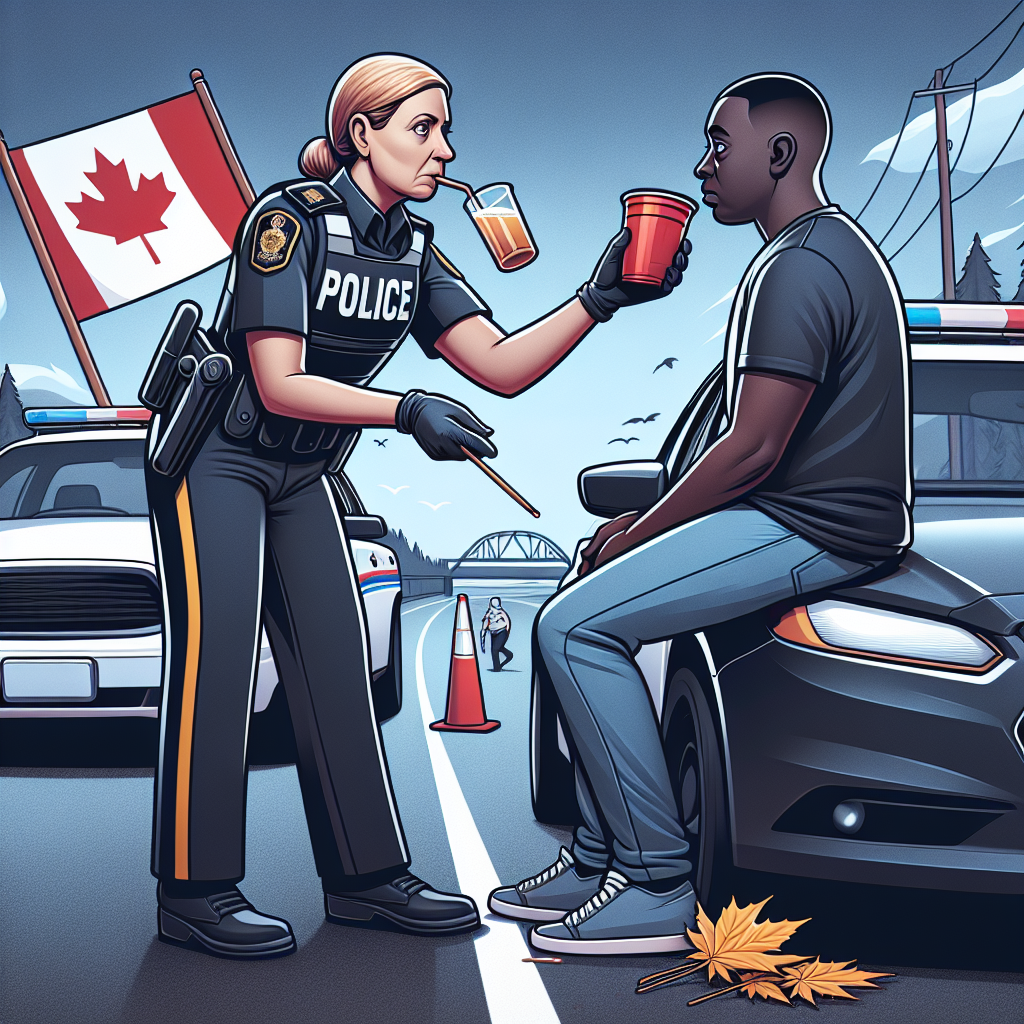
Understanding DUI Laws in Canada: A Focus on MTO Regulations
Driving under the influence (DUI) is a serious criminal offense in Canada. It involves operating a motor vehicle while one's ability to do so is impaired by alcohol or drugs. This blog post aims to shed light on the DUI laws in Canada, primarily focusing on the Ministry of Transportation Ontario (MTO) regulations.
Defining DUI Laws
DUI laws are legislations that prohibit the operation of a motor vehicle while under the influence of alcohol or drugs. In Canada, the maximum legal blood alcohol concentration (BAC) is 0.08%. Drivers exceeding this limit, or refusing to provide a breath sample at a traffic stop, can be charged with a DUI offense.
Significance and Context of DUI Laws in Canada
Canada takes a strict stance on impaired driving, given its potential to cause fatal accidents. The DUI laws are meant to deter drivers from engaging in such dangerous behaviour, ensuring the safety of all road users. In the context of MTO regulations, these laws are even more stringent. The MTO has a zero tolerance policy for drugs and alcohol for all drivers aged 21 and under, and for novice drivers of any age.
Real-life Scenario Illustrating DUI Laws
Consider this scenario: a 20-year-old novice driver in Ontario is found to have a BAC of 0.05% during a routine traffic stop. Even though this is below the general legal limit, under MTO's zero tolerance policy, the driver can be immediately suspended from driving and face other penalties.
Conclusion: Navigating DUI Laws in Canada
Understanding and respecting DUI laws is fundamental for every driver in Canada. It's not only about complying with the law but also about ensuring the safety of yourself and others on the road. Remember, the best way to avoid a DUI offense is simple: don't drink and drive.